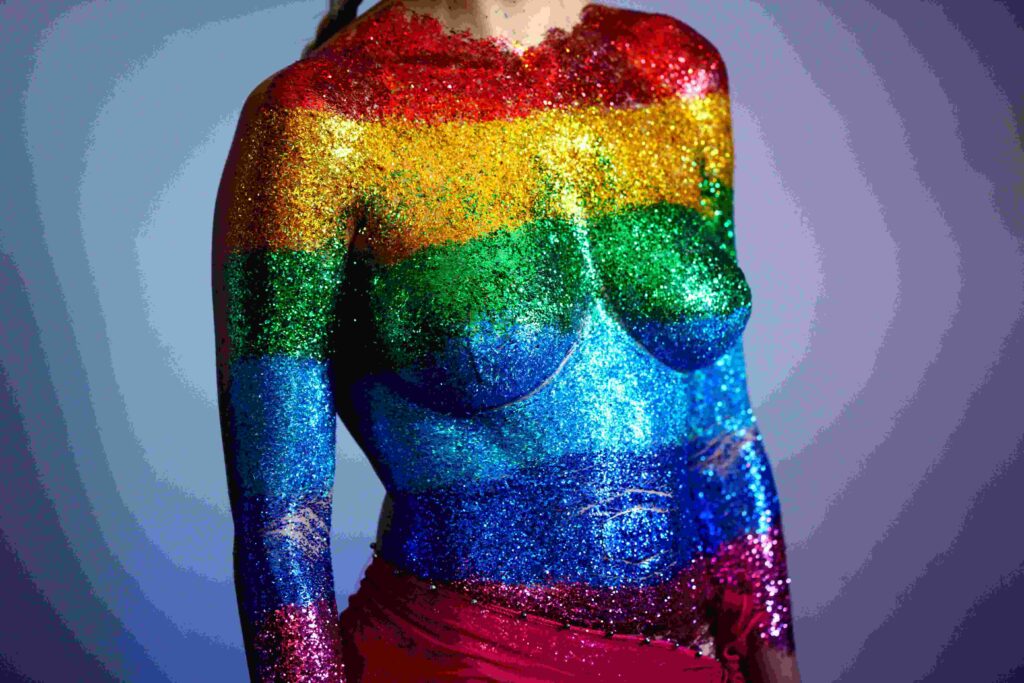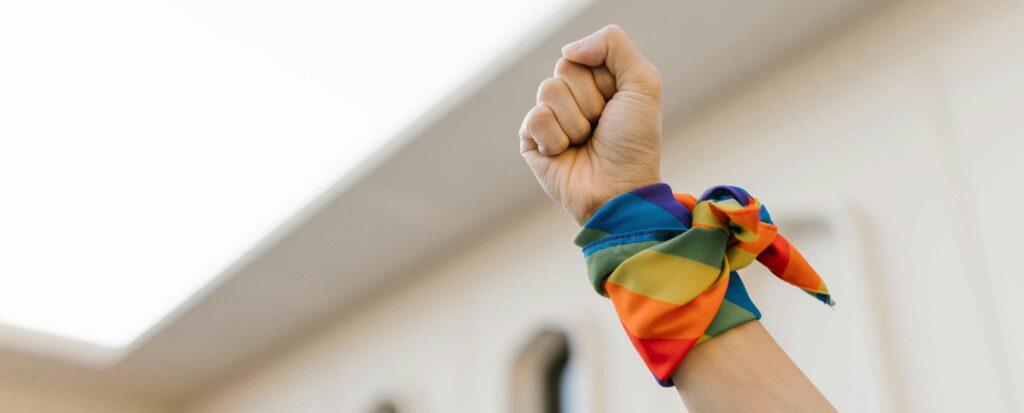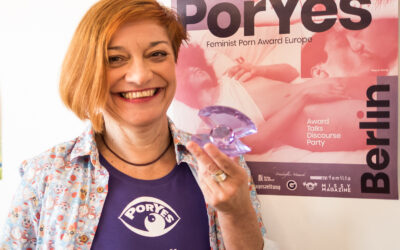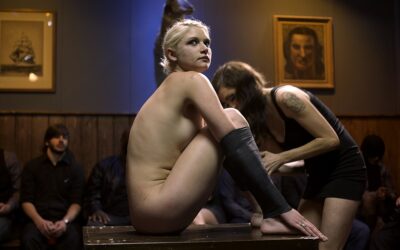
Sexuality is a topic that is discussed in our society with a high degree of moral intensity. This becomes especially clear when looking at political discourses surrounding gender, sex education, and pornography. One party in particular stands out in Germany: the AfD. It likes to present itself as the guardian of conservative values and turns it into an ideological battleground.
But why is a party so conspicuously preoccupied with porn, gender identities and sex education? Historian Daniela Rüther investigated this question in her book “Die Sexbesessenheit der AfD – Rechte im Genderwahn” (The AfD’s obsession with sex ) – and comes to a clear conclusion.
“Is the AfD obsessed with sex? It looks like it!” writes Rüther. “Relentlessly, the right-wing authoritarian party drags the topics of sexuality and gender into parliament and the public sphere.”
The AfD seems to be obsessed with fighting against everything that does not fit into its rigid world view of gender roles and sexual morality. “Genderwahn” (gender madness) is a right-wing battle term that is used to create an atmosphere against anyone who deviates from an alleged norm. This hatred targets LGBTQ+ people, trans individuals, and advocates for more comprehensive sex education. Rüther classifies the social climate as follows: “The fact that the core issue is gender equality is obviously hardly clear to anyone who gets worked up about gender issues. The fact that the AfD is constantly fueling the issue in parliament is even less well known to the public”
This strategy also hit the “Porn Better” project in 2023 – an initiative focused on education, reflection, and public dialogue about consumption habits, body image, and sexuality in the digital age.
But this was a thorn in the side of the AfD parliamentary group in Saxony. The scandal: the fact that the project’s founders were publicly funded from 2022 to 2023. Through a formal inquiry in the Saxon state parliament – a parliamentary tool for obtaining information – the AfD uncovered the funding and then staged an outraged social media shitstorm.
What stands out here is not so much the content itself, but rather the challenge to their own, often clichéd, porn-watching habits. The fear of “woke porn” – which questions traditional power and gender dynamics or intentionally includes diverse perspectives – seems to be at the center. Anyone who reflects on porn, critically engages with it, or processes it creatively is seen in this worldview as a threat.
What may sound like an isolated incident is actually part of a larger pattern: the AfD doesn’t primarily use parliamentary inquiries to inform, but to stir up sentiment. For example, AfD politician Martina Jost has also made inquiries into the “Queer Network Saxony e.V.,” the “Funding of CSD Chemnitz e.V.,” and the “Number of Third-Gender Individuals” in Saxony. The strategy is clear: by constantly “asking questions,” scandals can be fabricated on social media, attention can be drawn – and pressure can be placed on government agencies and individual initiatives.

For small organizations, counseling centers, or individuals, this type of political scrutiny can be a serious burden. It’s not just about bureaucracy – it’s about a feeling of being threatened. When a regional branch of a party classified as right-wing extremist publicly signals: “We’re watching you,” it’s intimidating.
It is essential to engage with sexuality, the body and pleasure – especially in a digital world in which many people often come into contact with pornography. Projects such as Porn Better or sex education programs open up spaces for dialogue, impart knowledge and promote a respectful, informed attitude towards sexuality.
What we are currently witnessing is an attack on a sex-positive society – on a world in which diversity, pleasure, education and respect can coexist. The AfD stands for a backward-looking image of sexuality: We must stand against it – with knowledge, education, and solidarity. And this fight begins where right-wing ideologues suspect a “taboo”: in porn, in questions of gender and identity, and in genuine diversity in society.



